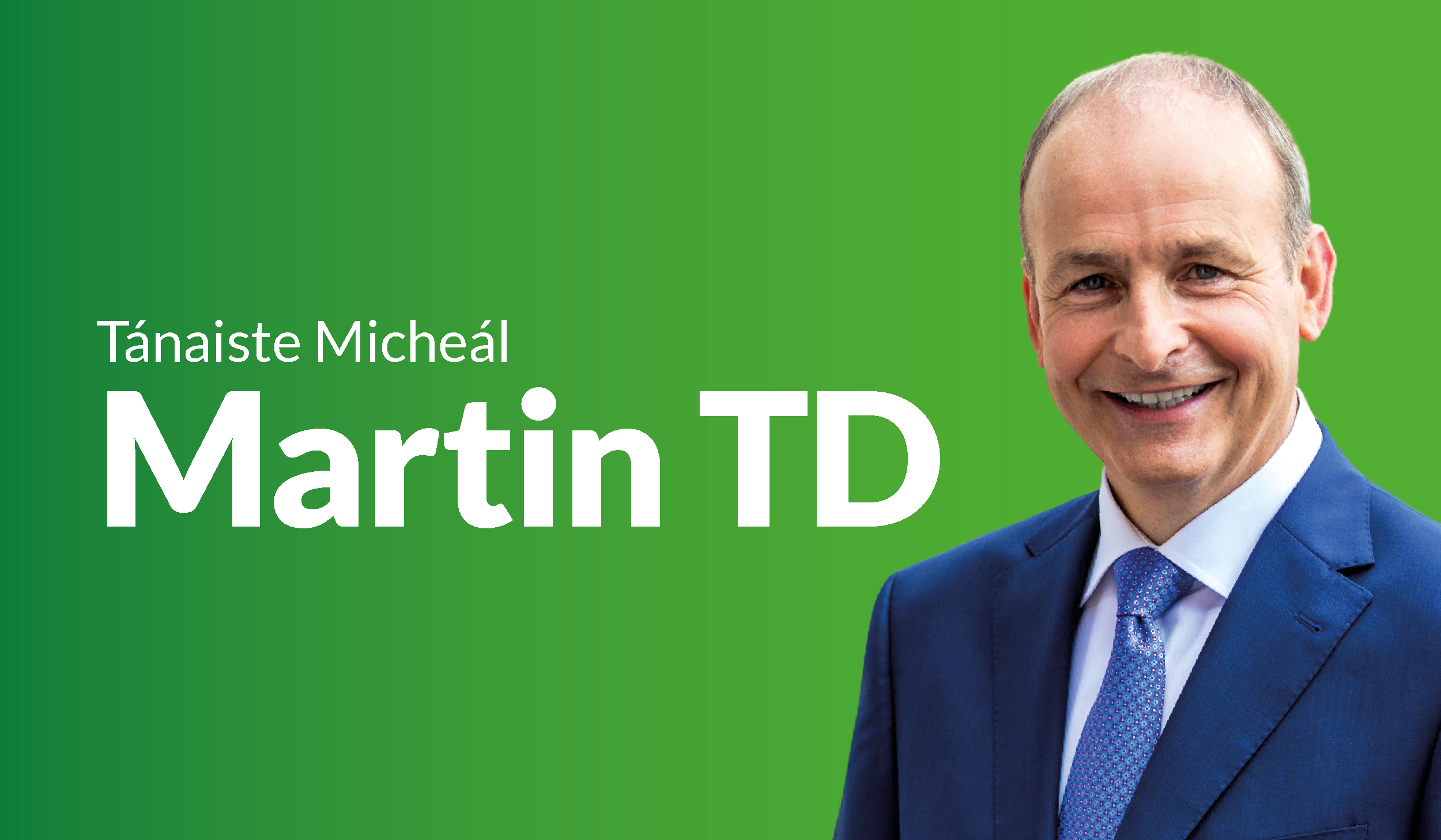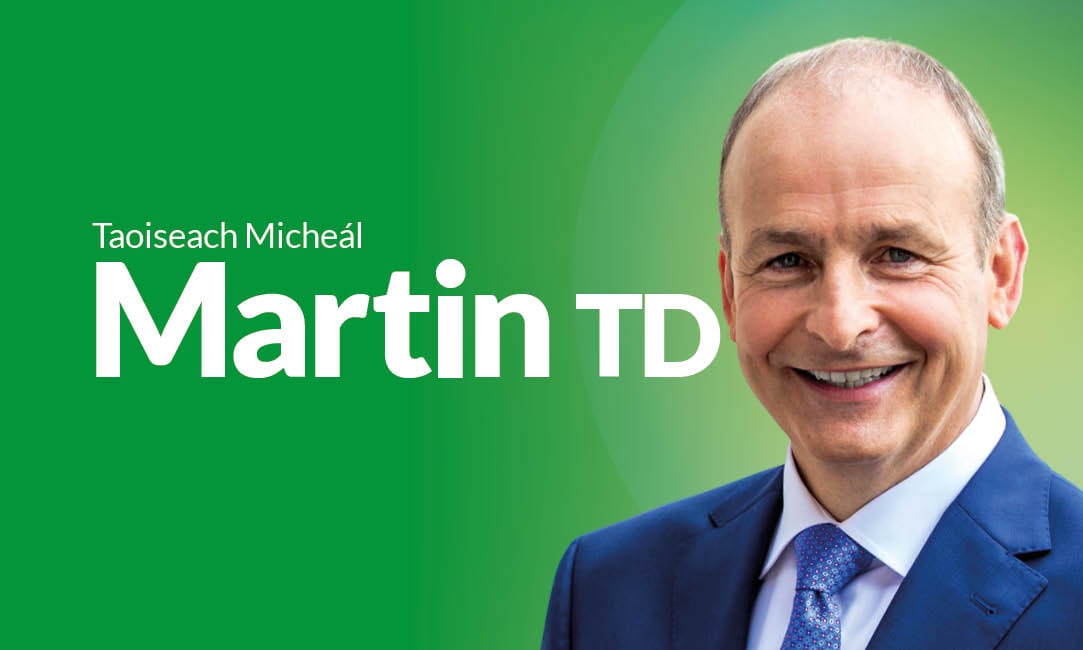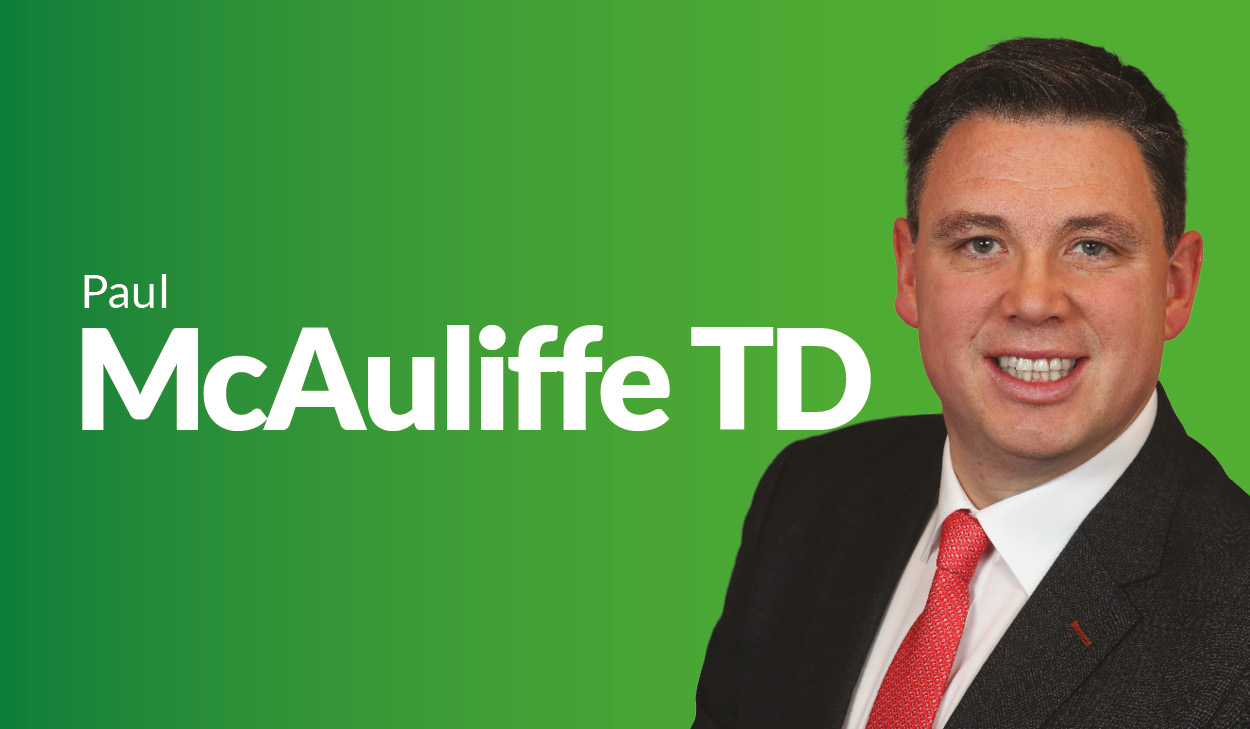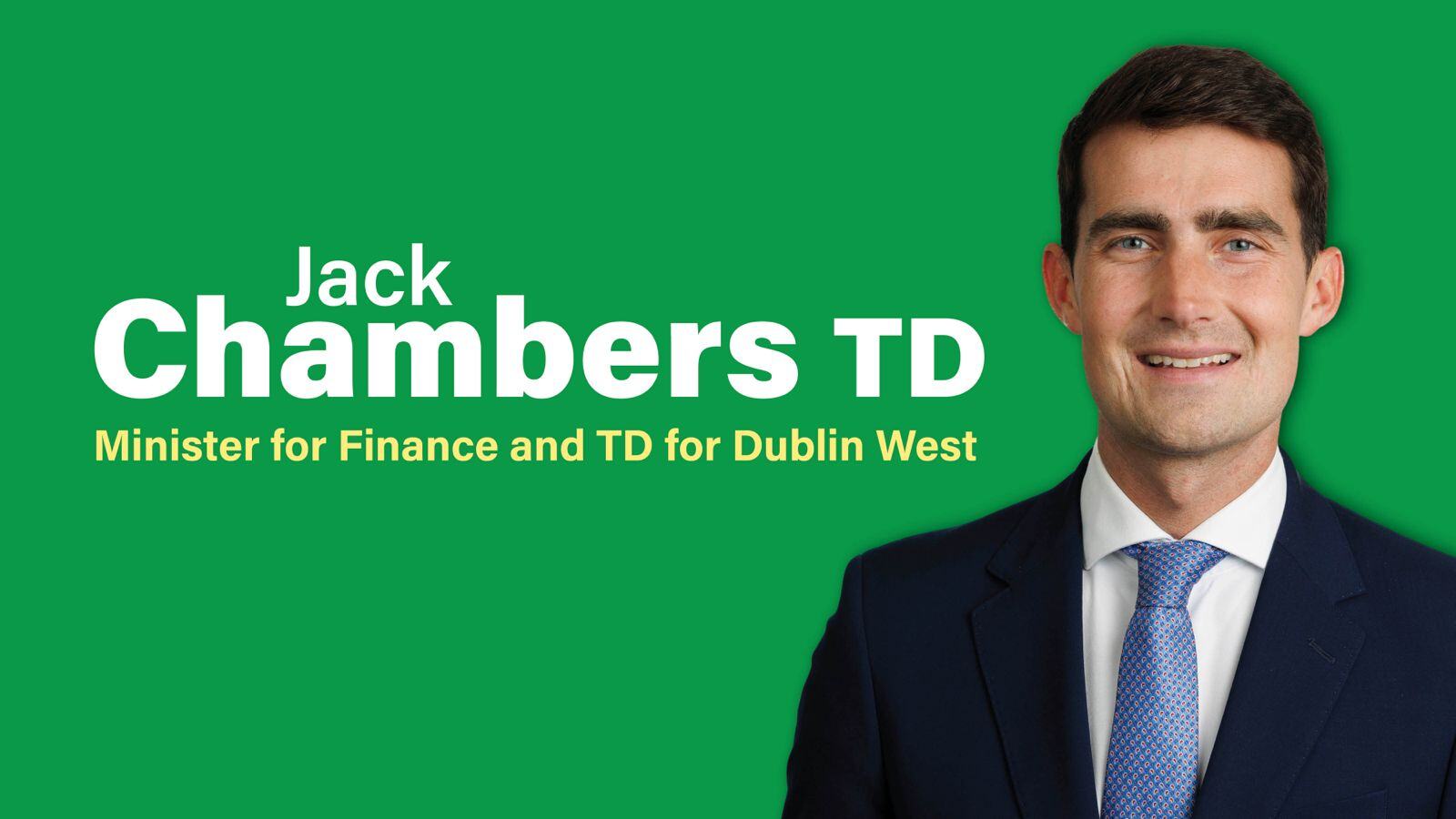Speech by Taoiseach Micheál Martin at the National Economic Dialogue 2025, 16 June 2025
Published on: 16 June 2025
A dhaoine uaisle,
Tá áthas orm a bheith in éineacht libh inniú ag an Deichiú hIdirphlé Náisiúnta Eacnamaíoch.
I would like to thank Minister Donohoe, Minister Chambers and their officials for organising today’s event.
Thank you also to Professor Newman for serving as chair once again, our rapporteurs, and attending members of the Oireachtas Committee on Budgetary Oversight.
Most importantly, thank you to all our participants who have come to share their perspectives.
For the last ten years, this Dialogue has played an important role in our Budgetary process, where views and ideas are shared, and we listen and learn from one another as we debate the needs of our people.
This year, our Dialogue serves a dual purpose, informing Budget 2026, and also development of a new Medium-Term Fiscal Plan.
At this time of rising uncertainty and economic risk, spurred on by geopolitical conflict and tensions, and an increasingly challenging international trading environment, planning credibly and effectively over the medium term is no simple task.
We face considerable unknowns and our economic model faces unprecedented challenges.
Despite this, and in response to this, we know what must be achieved.
In the coming years we must make continued and accelerated progress in delivery, across areas such as housing, infrastructure, healthcare, energy, water, innovation, and addressing climate change – while also investing in our people and the services they need.
We must do this in a financially sustainable and responsible way, managing our finite resources, making the difficult choices, while also, in a considered and purposeful manner, taking on the reforms needed to deliver our ambitious plans.
Ireland's Economy
We are fortunate that we take on this challenge and make these choices from a position of strength, with both our economy and society having shown remarkable resilience in recent years.
We have enjoyed a period of strong growth, with exceptional economic performance and job creation.
Alongside this we have carefully managed our resources, including putting aside reserves for future challenges – when times are not so good.
This success is the result of the hard work of people and businesses across the country - backed by prudent Government policy, and strong institutions.
We know that much of our budget surpluses can be attributed to the strength of windfall corporation tax revenues.
This is something we must manage carefully as we plan into the medium term – presenting as it does, opportunities, but also very serious risks.
While uncertainty abounds, these risks feel more real and imminent than they did last year. We are living through change in the global economic order with profound consequences for decades to come.
It’s not enough to just acknowledge this risk and then carry-on regardless – we need to reflect this very real and imminent risk to our economic model and public finances in the policies we advocate and decisions we take.
However, notwithstanding these challenges, we must also be brave and ambitious for our country. Significant resources are available to the State in a manner which was inconceivable just 10 years ago. This requires us to plan and invest appropriately in the future.
Sometimes, particularly given our recent experiences, we can be too cautious as well. Commentators refer to the concept of “upside risk”, namely, that we do not adequately invest in a growing economy. The pace of Irish economic growth after the global financial crisis, for example, has exceeded on a consistent basis what most observers both domestic and international would have forecast.
This inevitably has given rise to certain infrastructural deficits. We are committed to addressing these in the forthcoming NDP with the most significant investment programme ever launched by the State.
Through this, we must improve our national competitiveness and invest in future productivity.
Rising economic nationalism and the significant increase in uncertainty will unavoidably weigh on growth over the coming period.
As a small, open economy, there are many risk factors outside of our control.
International decisions on trade policy will potentially harm our economy and those of our main exporter partners, both directly and indirectly.
Negotiations must remain the main focus. The European Commission is fully engaged in discussions with the US. A negotiated solution is very clearly the goal and preferred outcome.
We remain hopeful that harmful and destructive steps can be avoided, but we must also actively prepare, if that is not to be the case.
Ireland, through well considered policy, allied to the efficient delivery of investment and services, can provide a predictable and reliable counterpoint to international developments.
From the Government’s perspective, our policy response must focus on controlling the ‘controllables – ensuring we maintain our relative competitiveness while also delivering investment in future productivity and, with it, prosperity.
A new Government Action Plan on Competitiveness and Productivity will be published in the coming weeks to ensure that this is a central focus of our efforts.
Housing
If we are to seize the opportunities of the future, we must address our housing and infrastructure deficits.
Fundamental reform is being delivered, that will create a sustainable housing system into the future and make sure infrastructure bottlenecks do not hold back progress for our economy and society.
This involves investing in our housing, transport, water, and our energy grid, not just to meet current needs, but to enable future growth.
We will futureproof our economy, ensuring that Ireland remains an attractive place for both businesses and individuals to live and work.
We are reforming our planning system, implementing at speed the Planning and Development Act to reduce delays, bring greater consistency, clarity and stability to the planning system.
The revised National Planning Framework will enable Local Authorities to zone more land for residential development.
We are reforming and improving our system of rent pressure zones – to better balance protections for tenants with a stable regime to encourage investment.
We have also taken decisions to get things moving quickly, including the extension to planning permissions about to expire, and establishing a Housing Activation Office to engage, align and in a very practical way pull together stakeholders to unblock housing development.
However, the State can’t do it all – we must create conditions to attract private investment.
We must give clear and consistent messages around our policy direction.
Over the coming weeks and months, we will take further action.
We must take the difficult decisions now to ensure sustainable outcomes for the future.
Infrastructure
If we are to achieve our housing ambitions, and seize future economic opportunities, we must do better in delivering critical infrastructure.
Investment in our electricity grid, water and transport infrastructure is needed to enhance our resilience, enable more homes to be built, businesses to invest and grow, and to meet our climate ambitions, including delivery of offshore renewables.
The alternative is that we will be left behind on the global stage and miss out on the next generation of strategic investments by business.
This is not an acceptable outcome.
Sometimes this investment is not popular, is resisted at local level or frustrated legally. We need to evolve our approach, better balancing common good with the concerns of individuals and communities.
Planning decisions need to be made by planners – not in the courts.
In the past five years Government has invested more than €65 billion in capital infrastructure projects. Total capital investment this year will be almost €15 billion.
This is the highest annual spend in the history of the country, and four times the level of investment compared to 10 years ago.
If we are to maximize the impact of this investment, it is more important than ever that we make the right choices and prioritise investment that drives economic growth and competitiveness, while ensuring value for money.
The National Development Plan is delivering, with investment in energy, water and transport infrastructure, to support our competitiveness and enable housing delivery.
The current review, led by Minister Chambers, will give a roadmap for the next five years, providing certainty and predictability, with a clear vision of what this Government aims to achieve.
This will include our ambitious agenda for building a Shared Island – with the Programme for Government committing a further €1 billion to the Shared Island Fund to 2035. This will enable collaborative all-island investment for a more connected, sustainable and prosperous island for all.
Climate
Central to our investment plans will be our climate adaptation and mitigation ambitions.
Since we last met in this forum, we have seen, in particular with both Storms Éowyn and Daragh, the growing risks that climate change poses – flooding and high winds leading to utility outages and infrastructure damage.
Risks from climate change span all sectors of our economy, society, and environment from energy, transport and communications to water security, public health and food production.
We must now rapidly build climate resilience. Adapting to the escalating impacts of climate change must become a more central focus for us all.
Our Programme for Government has reaffirmed this Government’s determination that Ireland will play its full part in tackling what is a global issue.
Failure to act is a risk too great for our society and economy.
Change is underway across our economy and society to realign ourselves for a low-carbon future. Decarbonisation, reducing emissions, is now at the heart of all our policies and sectors.
We are undergoing a renewables-led energy transformation. New electricity interconnectors are being delivered that will boost energy security and will allow for greater trade in electricity with our neighbours.
We are scaling up in other areas, including development of a new Private Wires policy, and home retrofitting.
However, more needs to be done. The next phase of our work needs to be about acceleration – doing more and faster.
We know that there will be cost implications if we fall short of our EU targets - potentially very significant ones. It is clear that we must factor these into our considerations and urgently put in place the measures required to reduce emissions decisively.
Digitalisation
The need to decarbonise our economy and society will be aligned with our ambitions to drive digitalisation – these two transitions are defining trends for our economic future.
Given the pace and scale of impact of AI and other new technologies, an acceleration of the digitalisation of enterprise, public services and the wider economy as a whole is needed.
Ireland has great untapped potential in the digital arena, including a strong AI innovation ecosystem.
Our long-standing reputation as a technology hub is the starting point for our ambitions to become a global innovation leader, and a vibrant location for AI innovation.
An updated National Digital Strategy, which will encompass our AI ambitions, will be published later this year.
It will also re-affirm our commitment to remaining an EU centre of expertise for digital and data regulation and a regulatory hub for companies operating across the EU Digital Single Market.
Investing in our Future
Education
Alongside our economic and investment ambitions, the Government is determined to deliver a fair society - the foundation of which will be investment in education, and our children and young people.
Our economy and society benefit hugely from the high-quality education that is available to all citizens.
Skills, talent and workforce development, along with investment in research and innovation, are essential to the future success of our economy and will be critical for our ambitions around new technologies like AI.
Our education system must be continuously improved if we are to equip students and our workers with the skills they require to succeed in a rapidly changing world.
Crucially, education breaks down barriers for groups at risk of exclusion.
Child Poverty
As a government we are firmly committed to promoting social inclusion and opportunity. In the Programme for Government, we said that child poverty is not inevitable, and I am determined to turn that commitment into actions that will transform lives.
In the last couple of years, we have made progress focusing on six key policy areas - income support, early learning and childcare, the cost of education, family homelessness, service integration, and the participation of young people affected by poverty in culture, arts and sport.
Budget 2025 saw the largest ever increase in the weekly Child Support Payment; we have progressed school meals and schoolbooks; we expanded access to Early Years and launched Equal Start, and we have invested in new youth services.
A new DEIS plan, informed by international review, is being prepared. A key feature of this will be the establishment of a DEIS Plus Scheme focusing on improving the opportunities and achievement levels for children at risk of educational disadvantage in all schools.
Critically, it will work towards a more flexible system of supports so that a school can receive the right support at the right time to assist children and young people most in need.
Reducing child poverty is an investment in the future.
Realising this ambition means targeting measures to meet the needs of the children who need our help most, focusing on the children and families really on the margin.
Unfortunately, after years of progress, the most recent figures show an unwelcome increase in persistent child poverty.
We need to make sure that this increase turns out to be a temporary spike, out of line with the overall trend.
Therefore, for Budget 2026, I have asked my ministerial colleagues to plan and come forward with measures that will really make the difference to the most vulnerable families and children.
If we are successful, we will grow societal and economic resilience, support social cohesion and create the context for thriving and vibrant communities.
Disability
Social inclusion also means advancing the rights and improving the lives of people with disabilities.
I know many in the various sectors are working hard for those with disabilities, but the system is not delivering.
I want to unlock the capability and investment I know exists and further build capacity to implement models of support and care that work, particularly for children and families.
We can and we will do better.
We will shortly publish and fund a new National Disability Strategy. This will represent a step change in how we approach disability policy and further implement the United Nations Convention on the Rights of Persons with Disabilities.
And I have established a disability unit in my department to work across Government to ensure delivery of our commitments.
Conclusion
As I wrap up, I want to say that I am looking forward to hearing how today’s exchanges progress, particularly as we look to shift our thinking and planning to the medium-term.
Looking around the room I see a diverse, representative group of stakeholders and experts, that care deeply for their causes and for the future of our country, ready to take part in this open and inclusive process, bringing to the table a broad range of experiences and insights.
While we are in a strong position to address the needs of our country, we must remain conscious of the strong headwinds against us and the potential economic consequences we face due to decisions being made by others.
I would ask you keep this in mind today.
While we can and do regularly disagree or take different perspectives, we do so respectfully, conscious that we all share the same shared intention to do what is best for our people and country.
Today is an example of this in practice.
Thank you for your participation and for lending us your expertise.
Go raibh maith agaibh.
ENDS



